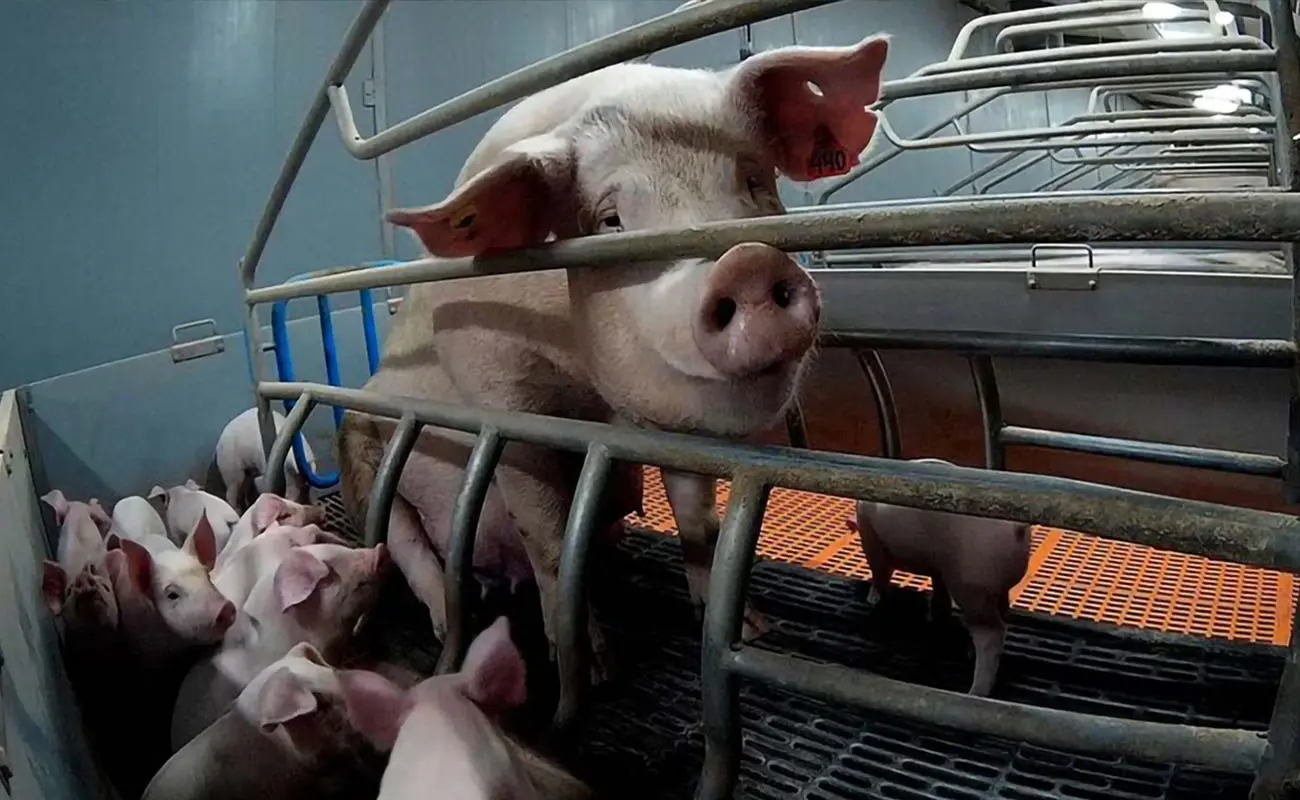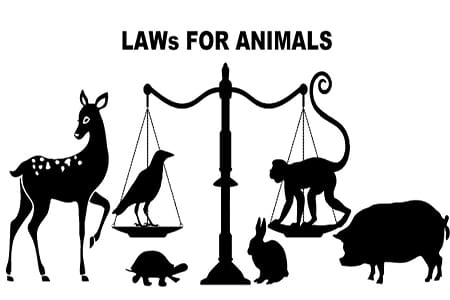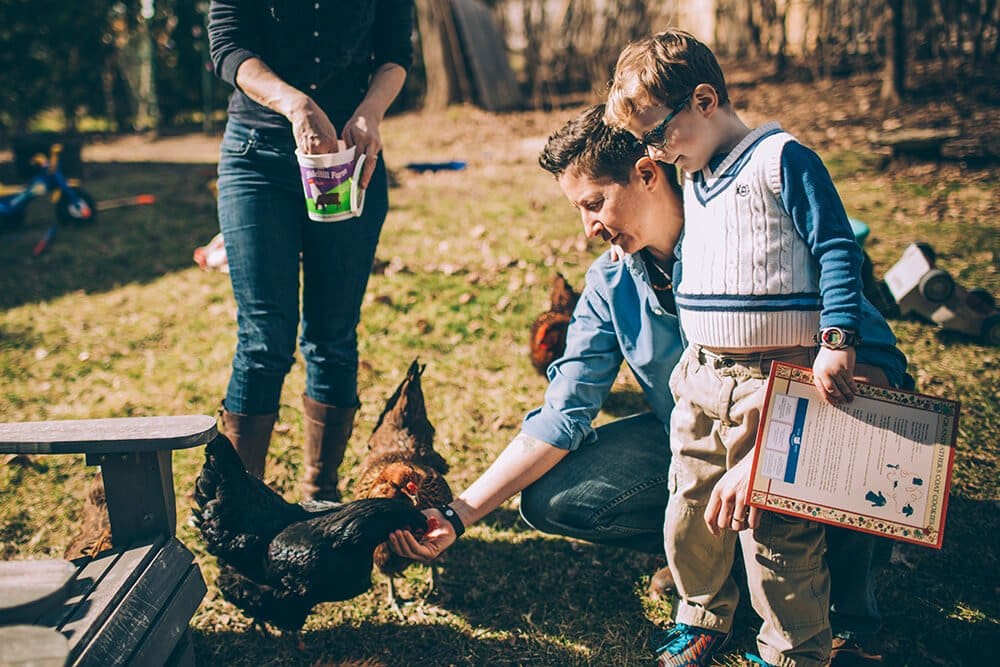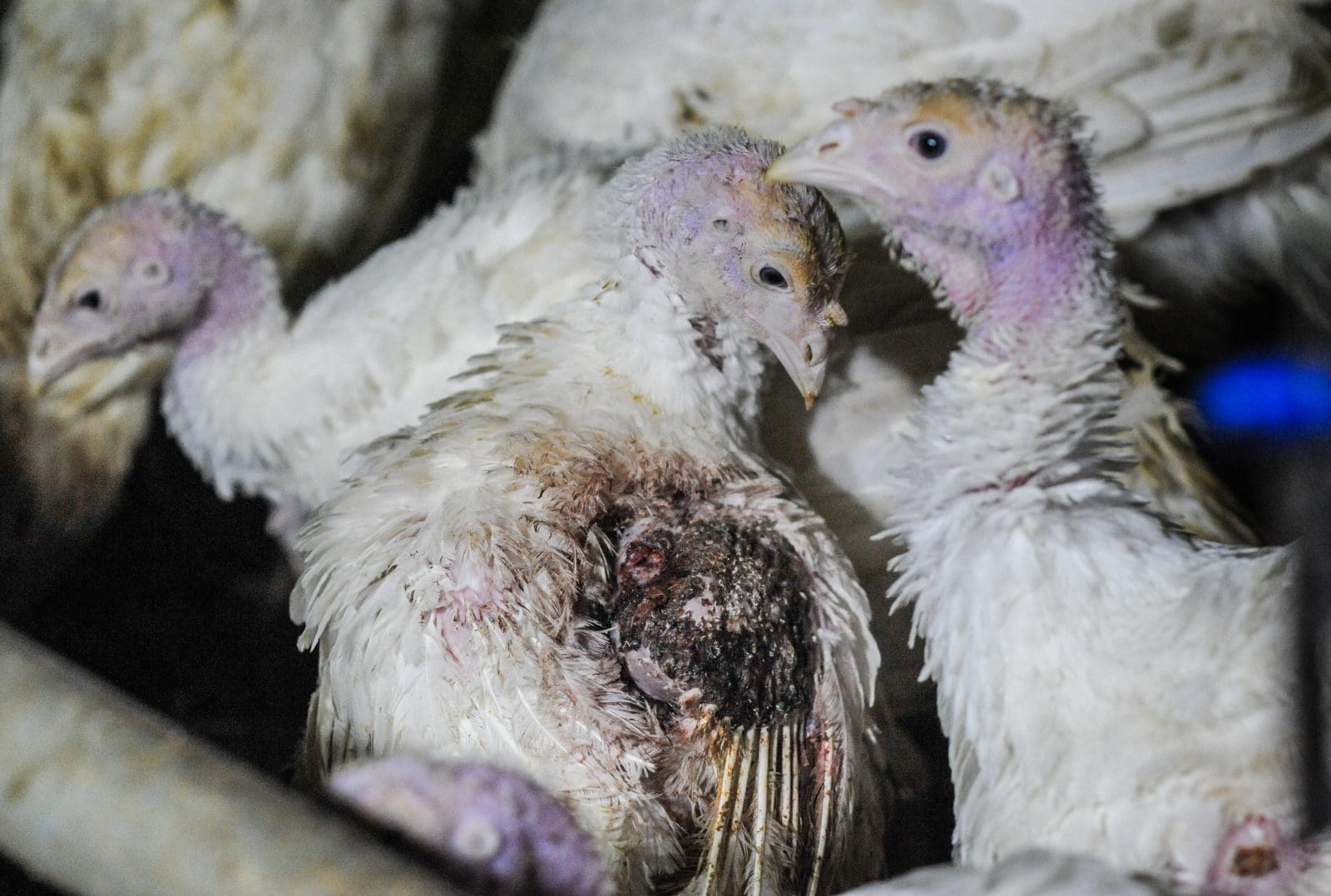This category highlights the pivotal role that personal choices play in shaping a more compassionate, sustainable, and equitable world. While systemic change is essential, everyday actions—what we eat, what we wear, how we speak up—carry the power to challenge harmful norms and influence broader societal shifts. By aligning our behaviors with our values, individuals can help dismantle industries that profit from cruelty and environmental harm.
It explores practical, empowering ways people can make a meaningful impact: adopting a plant-based diet, supporting ethical brands, reducing waste, engaging in informed conversations, and advocating for animals within their circles. These seemingly small decisions, when multiplied across communities, ripple outward and drive cultural transformation. The section also addresses common barriers such as social pressure, misinformation, and access—offering guidance for overcoming them with clarity and confidence.
Ultimately, this section encourages a mindset of conscious responsibility. It emphasizes that meaningful change doesn’t always begin in legislative halls or corporate boardrooms—it often starts with personal courage and consistency. By choosing empathy in our daily lives, we contribute to a movement that values life, justice, and the health of the planet.
Animal cruelty in factory farms is an inconvenient truth that society must confront. Behind the closed doors of these industrial operations, animals endure unimaginable suffering in the pursuit of profit. While these practices are often hidden from the public eye, it is crucial to shed light on the hidden horrors of factory farming and advocate for ethical and sustainable farming practices. This post delves into the shocking reality of animal cruelty in factory farms and explores the impact on animal welfare, the environmental consequences, and how individuals can take a stand against this injustice. The Hidden Horrors of Factory Farms Factory farms often operate in secret and keep their practices hidden from the public. This lack of transparency allows them to avoid scrutiny and accountability for the treatment of animals in their facilities. The confinement and poor living conditions of animals in factory farms lead to immense suffering. Animals are …


























































